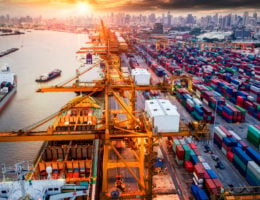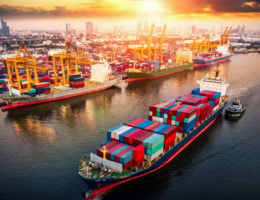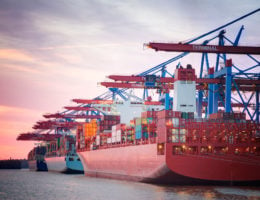The Union Customs Code (UCC) harmonizes the customs laws of the European Union. The UCC stipulates that Member States must impose penalties for failing to comply with customs legislation, and that these penalties must be efficient, proportionate, and dissuasive. Member States must notify the Commission of the penalties that they apply to various acts of noncompliance and of any subsequent amendments to those penalties (if applicable).
A declarant may ask for a change to certain of the data elements in a customs declaration in accordance with Article 173 Union Customs Code (UCC), which is applicable to customs declarations that have already been accepted by customs. The Dutch Customs Authorities (DCA), however, apply a very strict application of Article 173 UCC, stating that amendments are only allowed if the amendments are required by customs legislation. This position taken by the DCA deviates from the practice of the tax authorities of other EU Member States, given the fact that Article 173 UCC does not stipulate that the amendments must be required by law.
Although the formal requirements for bringing goods into the Customs Union of the EU are largely harmonized by EU customs legislation, authorization procedures for bringing goods into the Union vary per Member State.
The Think Tank of the European Parliament has conducted a study into the authorization procedures of the various Member States for entry of goods into the EU, which was published on 19 December 2022. While the Think Tank acknowledges the need for effective customs controls, it also argues that the divergence in the practices of Member States can create efficiency barriers, such as the time needed for customs controls.
A failure to provide accurate and complete information to HMRC in relation to a quantity of goods on which Inward Processing Relief has been claimed, gives rise to a customs debt on all the goods covered by the relevant bill of discharge report. This was decided by the UK First Tier Tribunal in the case Thyssenkrupp Materials (UK) Ltd v HMRC on 30 November 2022.




